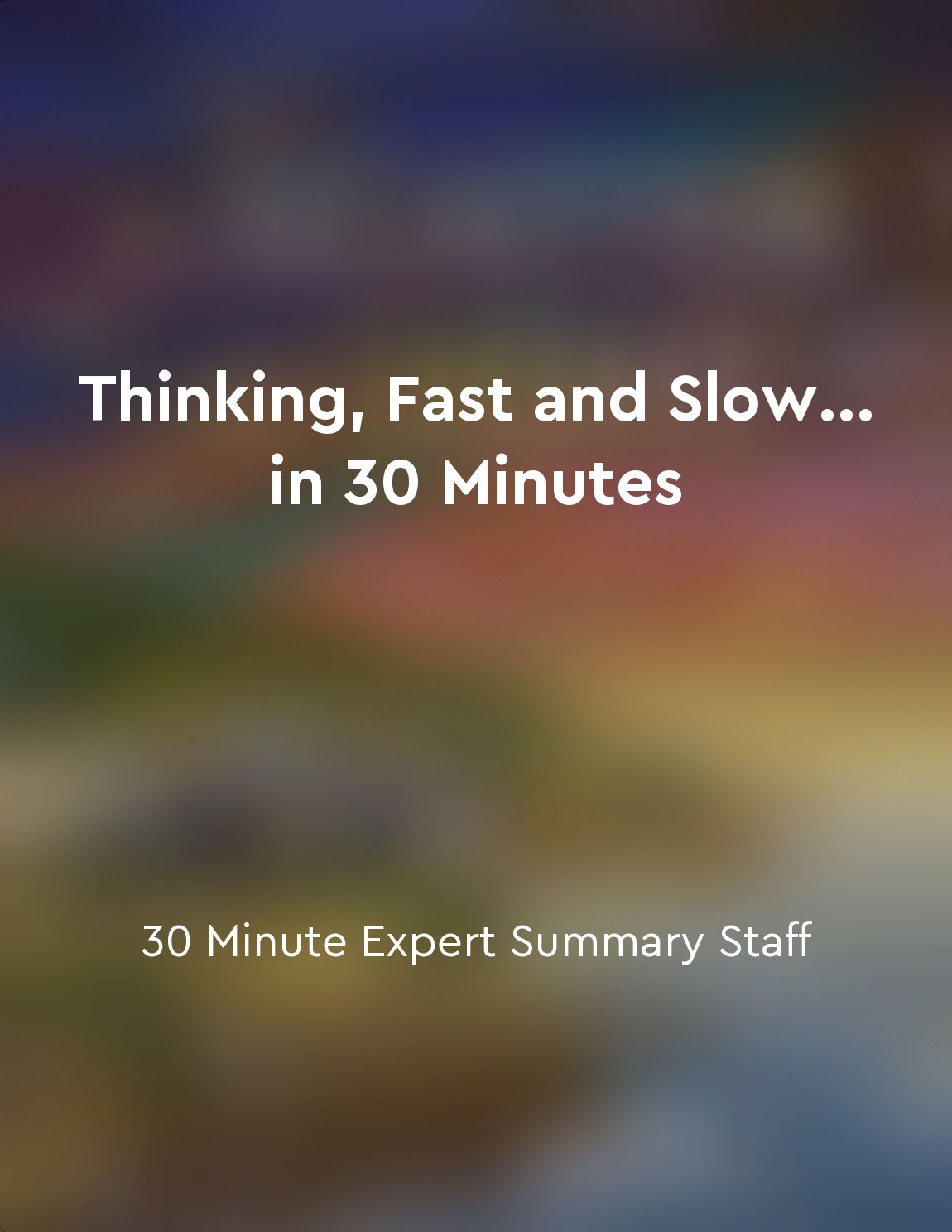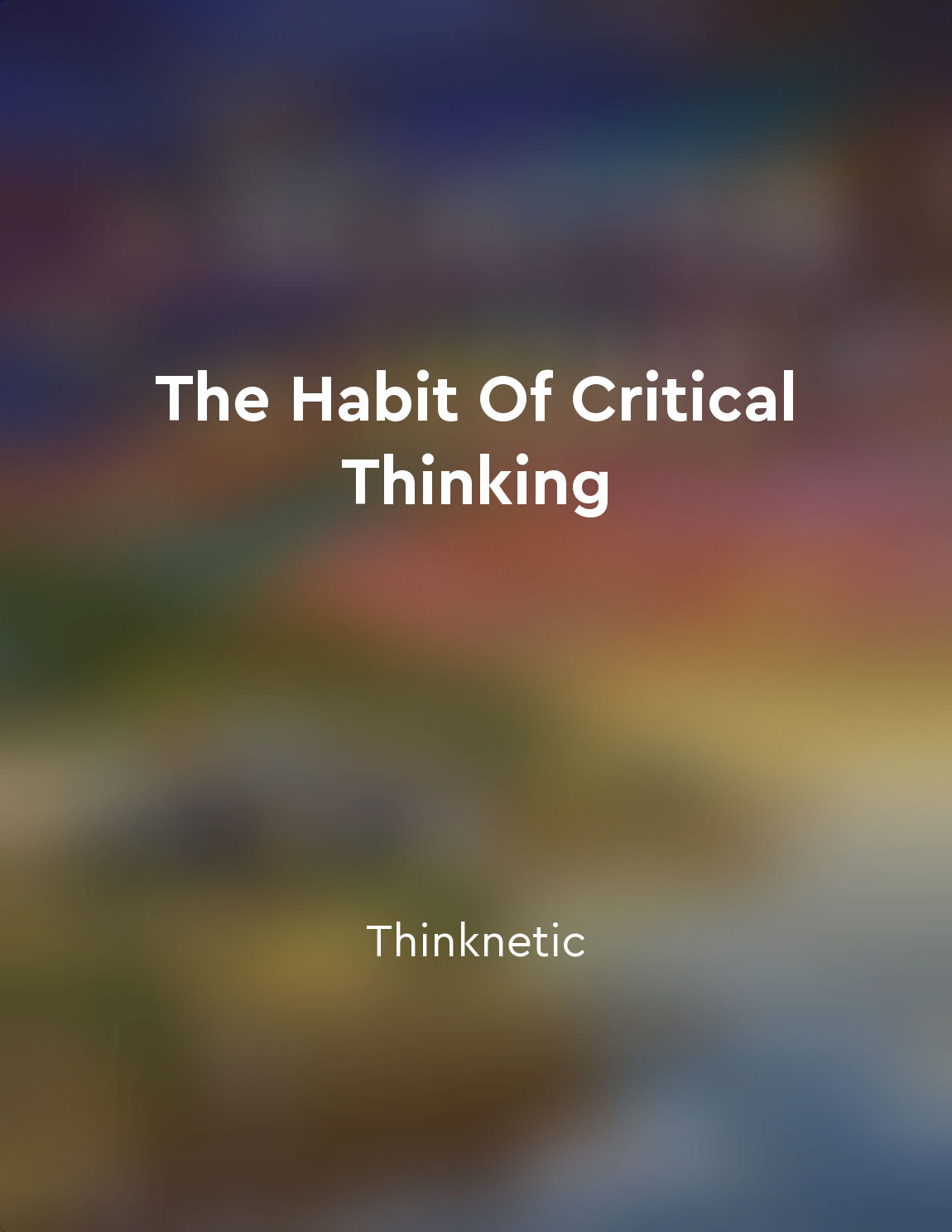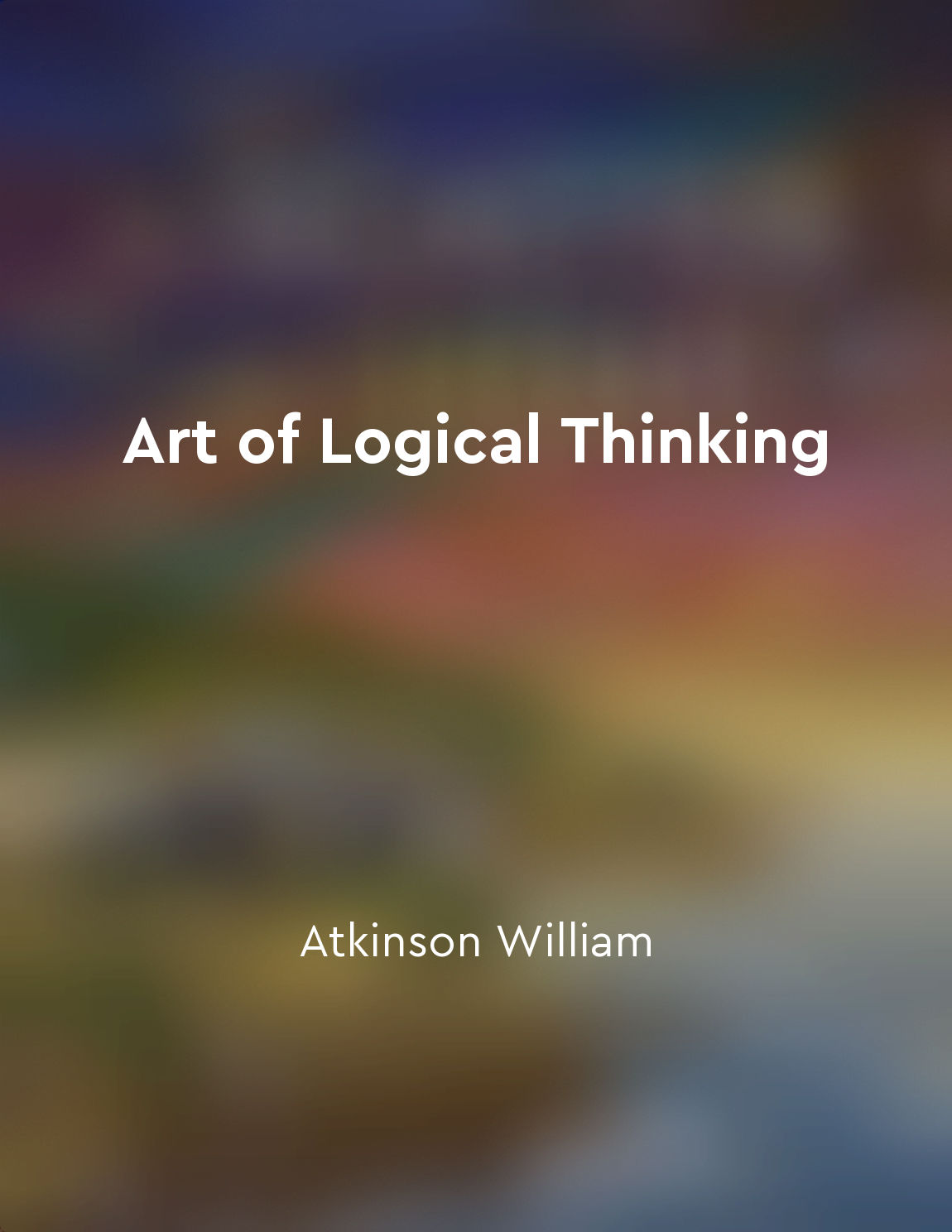Audio available in app
Misleading heuristics can lead to errors in judgment from "summary" of Thinking Fast and Slow by Book Summary
The human mind often relies on mental shortcuts, or heuristics, to make decisions quickly and efficiently. These heuristics can be useful in many situations, allowing us to make fast judgments with limited information. However, these shortcuts can also lead to errors in judgment when they are based on misleading information or faulty assumptions. One common heuristic that can lead to errors is the availability heuristic, which involves making judgments based on how easily examples come to mind. When we are exposed to vivid or memorable examples of something, we may overestimate its likelihood or importance. For example, if we see a news story about a rare but dramatic event, such as a plane crash, we may start to believe that such events are more common than they actually are. Another misleading heuristic is the representativeness heuristic, which involves judging the likelihood of something based on how closely it resembles a prototype or stereotype. This can lead to errors when the prototype is not a good representation of the actual probabilities involved. For example, if someone fits the stereotype of a successful entrepreneur, we may assume that they are more likely to be successful than they actually are. These heuristics can be particularly misleading when they are combined with other cognitive biases, such as confirmation bias or anchoring. Confirmation bias can lead us to seek out information that confirms our preconceived beliefs, while anchoring can cause us to rely too heavily on the first piece of information we encounter.- We can become more aware of our own cognitive biases and work to overcome them. This may involve slowing down our thinking process, seeking out additional information, or considering alternative perspectives. Ultimately, by being mindful of the limitations of our mental shortcuts, we can make more accurate and informed decisions.
Similar Posts

Brain functions best when understood
Understanding how the brain operates is crucial for optimal performance. When we grasp the inner workings of our brain, we can ...
Embody critical thinking mindset
To embody a critical thinking mindset means to approach situations with a deep sense of curiosity and a willingness to question...

Recognition heuristic simplifies judgments
The recognition heuristic simplifies judgments by relying on the principle that if one of two objects is recognized and the oth...
Ignoring reason leads to detrimental consequences for society
In a world where reason is increasingly under siege, the consequences for society can be severe. When individuals and instituti...

Rational individuals should strive for consistency in their decisionmaking
Rational individuals should strive for consistency in their decision-making. This consistency involves making decisions that ar...

Learning to read body language is key
Understanding body language can be a powerful tool in navigating the social world. It allows you to gain insight into what some...

Refine your reasoning
To refine your reasoning means to carefully analyze and enhance your thought process in order to make more sound and logical de...
Analysts are often influenced by groupthink and consensus
When it comes to analyzing investment opportunities, analysts are frequently swayed by the prevailing groupthink and consensus....

Modifying arguments based on new information is important
When engaging in logical thinking, it is crucial to recognize the significance of adapting one's arguments in light of fresh in...
Neuroimagery can provide valuable insights into consumer preferences
Neuroimagery, such as fMRI scans, allows researchers to peek inside the brain and observe how it responds to different stimuli....


